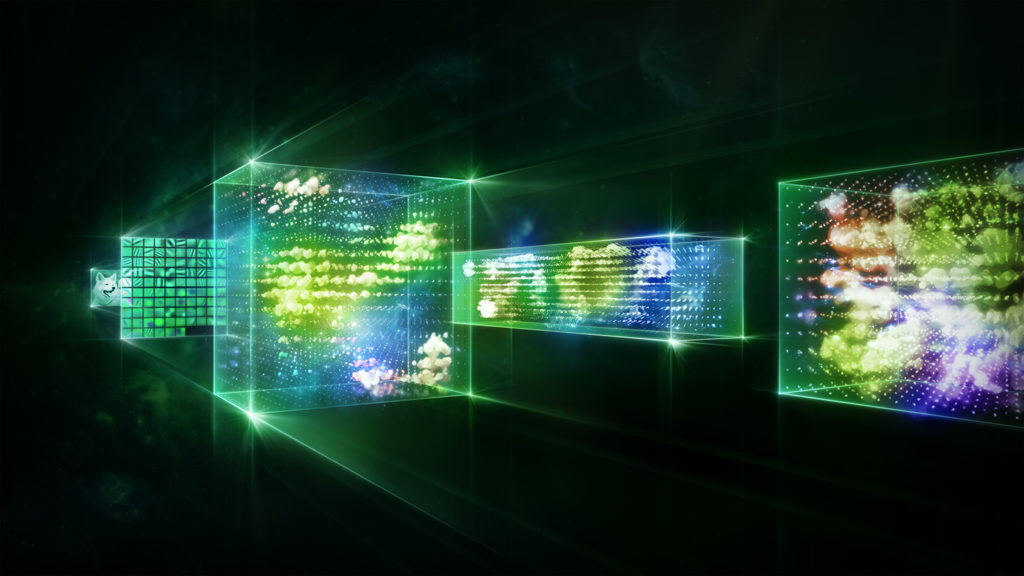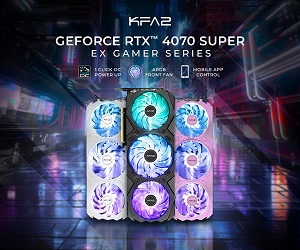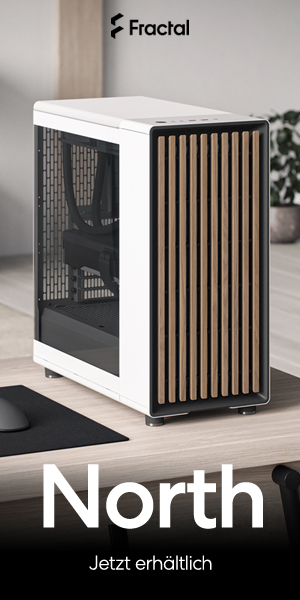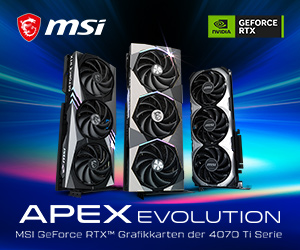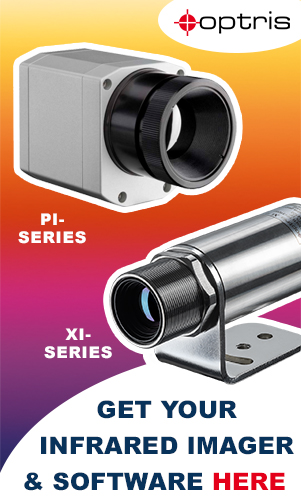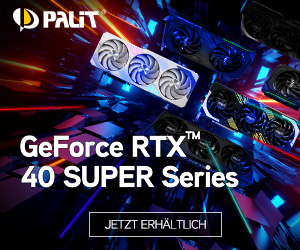NVIDIA joins the shareholders of the German Research Center for Artificial Intelligence (DFKI) and sees the engagement as another step in the long-standing successful collaboration between NVIDIA and DFKI in the field of machine learning and deep learning. Ian Buck, Vice President and General Manager for Accelerated Computing at NVIDIA, said:
"NVIDIA and DFKI work together to provide powerful tools to help scientists solve the most complex AI challenges. By becoming a partner of the DFKI, we are underpinning this collaboration in which we want to further explore new areas that can benefit from accelerated computing."
Prof. Dr. Andreas Dengel, Site Manager of the DFKI in Kaiserslautern and Scientific Director of the Smart Data and Knowledge Services Research Unit: "The partnership between DFKI and NVIDIA is a perfect option to combine our sophisticated models and processes with high-performance hardware platforms specifically designed for AI. Joining as a partner is another building block of successful cooperation and opens up new perspectives for application-oriented research into neural networks."
With the targeted development of specific technologies on NVIDIA AI platforms, DFKI scientists have achieved remarkable results in the application, explainability and optimization of neural networks and deep learning methods in recent years. In 2016, the DFKI was selected as gpu research center based on the outstanding research results in the analysis of multimedia date and was one of the first two European institutions to be included in the NVIDIA AI Lab program (NVAIL).
In 2018, a team from the DFKI Deep Learning Competence Center was awarded the NVIDIA Pioneer Award for their work on the processing processes of neural networks. For the first time, the procedures helped to shed light on the processes of the "black box" of deep learning and to make their decision-making processes more comprehensible. In this context, research has also been carried out on how correlated, large-volume flows of information can be processed collectively – for example, image and sound in video analysis.

The DFKI has a highly efficient deep learning data center in Kaiserslautern with several NVIDIA DGX systems in an InfiniBand network, including the first DGX-2 supercomputer in Europe at the time. The powerful infrastructure allows a large number of evaluations in a short time. This allows large volumes of data, such as high-resolution satellite images, to be analyzed in a short time. Bottle necks can also be identified in architectures and the models adapted to this – a basis for the engineering of neural networks. The computing power in the cluster can be optimized, idle times can be minimized and deep learning methods can be used energy-efficiently.
Making innovative technologies usable for industry
From now on, this potential should also be usable for industry. "We are working to make complex AI algorithms available for practical use in industry," says Andreas Dengel. The goal is an "AI Model Store" in which various machine learning methods are offered. "A fully automated architectural search provides the appropriate models. Companies can choose which one best suits their problem and apply their data to the pre-trained procedures. They get the feedback in real time," the researchers' plan says.
Source: Nvidia













